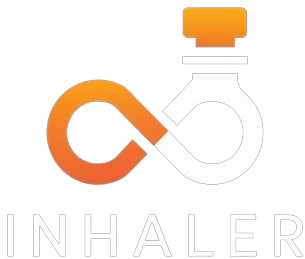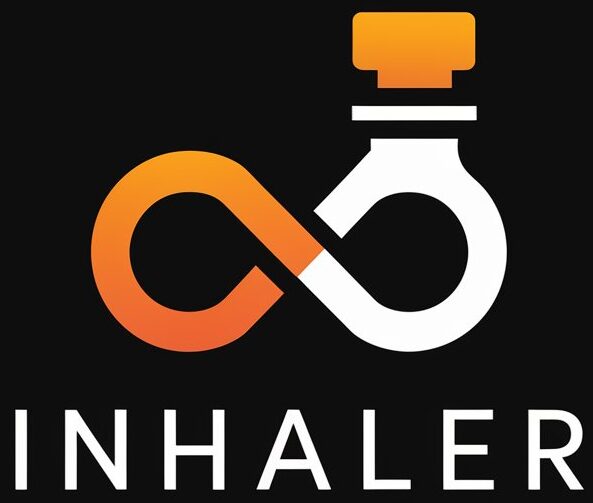Understanding Anaphylaxis
Anaphylaxis is a severe, potentially life-threatening allergic reaction that can play out quickly. This acute allergy can cause your immune system to release chemicals that can flood your system leading to shock. Anaphylaxis requires immediate medical attention and necessitates recognizing the symptoms instantly for prompt treatment.
Causes of Anaphylaxis
Anaphylaxis is usually triggered by allergens, substances that the body is hypersensitive to. When the body detects these allergens, it reacts irrationally by releasing chemicals that cause the aforementioned allergic reaction. Specific allergens differ from person to person, but some common triggers include certain foods (nuts, shellfish, milk, eggs), insect stings (bees, wasps), medications (especially penicillin), and latex.
It’s noteworthy to mention that anaphylaxis has also been associated with exercise where some people experience anaphylaxis if they exercise within a few hours of eating specific foods.
Symptoms of Anaphylaxis
Recognizing the symptoms of anaphylaxis is crucial for prompt treatment. These symptoms typically manifest themselves within an hour of exposure to the allergen. In some cases, however, the onset may be in a few minutes or sometimes a few hours. Symptoms are wide-ranging and may affect several areas of the body.
Common symptoms include a feeling of warmth, a red, itchy rash, feelings of faintness, shortness of breath, vomiting or diarrhoea, swelling of the throat and tongue, difficulty in swallowing, and a rapid weak pulse.
Treatment of Anaphylaxis
Anaphylaxis is a medical emergency that requires immediate treatment. The first line of treatment is usually an injection of epinephrine. If you’re prone to anaphylaxis attacks, your doctor may prescribe an auto-injector device (EpiPen), which you should carry around always. Using this device can help curb the reaction until you can receive medical attention.
Following the use of an EpiPen, it’s crucial to visit a healthcare facility for further medical examination and treatment because the allergic reaction may recur. Treatment at the hospital usually involves constant monitoring and may include additional medications like antihistamines and steroids to help control inflammation.
Prevention of Anaphylaxis
Anaphylaxis is best prevented by avoiding known allergens. Those prone to anaphylactic reactions should wear a medical alert tag, which can inform others of their allergy in case they’re unconscious. It’s also important to share this information with friends, colleagues, and relatives, so they understand what to do in case of a reaction.
Conclusion
An understanding of anaphylaxis is essential for everyone, not just those who are allergic since anyone can experience it without prior history of allergies. Recognition of symptoms is key for swift treatment. The condition is severe and can lead to fatality if not promptly treated. Consulting an allergist can help with preventative strategies, which alongside avoidance of allergens are the most effective ways to preclude anaphylaxis.
FAQs
- Can anaphylaxis occur without exposure to an allergen?
Uncommonly, anaphylaxis can occur without a known allergen. It’s called idiopathic anaphylaxis.
- Can stress trigger an anaphylaxis attack?
Stress itself can’t directly cause anaphylaxis, but it can make symptoms of an allergic reaction more severe.
- Can you survive anaphylaxis without treatment?
Anaphylaxis can become life-threatening without prompt treatment with epinephrine. It is crucial to seek immediate medical attention.
- Can anaphylaxis be prevented?
Yes, the best way to prevent anaphylaxis is to avoid allergens. People prone to anaphylaxis should also carry an auto-injectable epinephrine device at all times.
- Can you develop anaphylaxis later in life?
Yes, you can develop anaphylaxis at any age. In some cases, people may go through life without any allergies, then suddenly experience an anaphylactic reaction.

